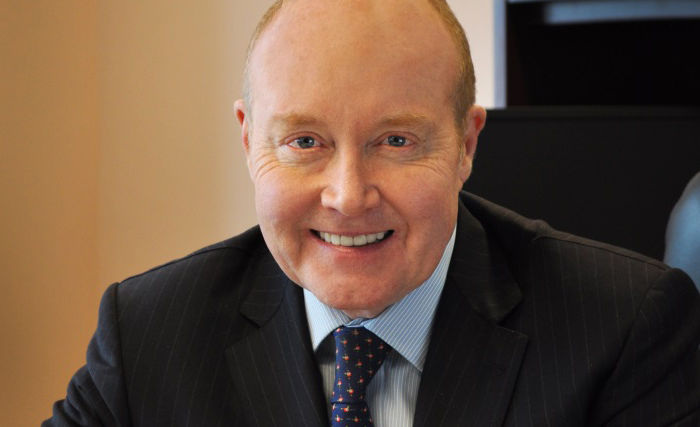Despite a potential housing correction in Canada and concerns about jittery global markets, Canada’s CEOs are generally upbeat about the country’s investment outlook in 2017, says the president and CEO of the Investment Industry Association of Canada (IIAC).
Ian Russell told an early January luncheon that the IIAC’s annual survey of CEOs from the association’s 132 dealer member firms provided an overall optimistic viewpoint for business conditions this year.
“Executives anticipate a year of stronger economic growth and improving equity market conditions,” Russell said.
The survey was conducted in November, coinciding with the U.S. election. Russell noted that the upswing in stock markets following the election of Donald Trump influenced responses to the survey questions.
However, of those who felt vulnerable to an economic shock, 44 per cent said they believe it will come from a housing market correction, 33% said geopolitical uncertainty and 22% said a sovereign debt crisis. “Indeed, another financial crisis could be lurking around the corner,” said Russell.
Among the CEOs’ biggest worries was the ongoing rise in operating costs which have increased significantly over the past four years, causing major concern to smaller firms, many of which may have no option but to merge with competitors or close altogether, said Russell. He did say however, that a core group of some 70 to 80 firms have built strategic niche businesses, meeting competitive cost challenges.
One of the most costly pressures facing firms stems from compliance as more rules get added to their businesses. But the biggest driver of where they were going to spend their technology dollars this year is not on compliance, but rather on technology making improvements to defend against cyber threats.
While many of the CEOs cited regulatory changes, business competition, a weak commodities market, demographics and technology as trends that may have negative consequences, many CEOs took a positive look on revenue, with the majority saying they expect operating revenue to grow at a faster pace this year than in 2016.
About two-thirds of CEOs felt robo-advisors were likely to take away some business from full-service advisors, but they also believe there will be greater customization of business models for different demographics.
Some of the optimism expressed by CEOs comes from expected supply-side policy changes in the United States, which would include lower taxes and deregulation, said Russell.
But David Rosenberg, chief economist and strategist with Gluskin Sheff, said the current economic cycle does not favour Trump.
Rosenberg said many equate Trump with the late president Ronald Reagan in terms of economics and policies. But he noted that Reagan came to power when the U.S. economy was bottoming out and interest rates at 18%. When he drastically cut rates, the result was that the stock markets tripled but profits only went up 50%, said Rosenberg.
With Trump, interest rates are already low, there is no more quantitative easing and the Fed has already indicated it will raise rates at least three more times. “Ultimately [the Fed] will have to respond to whatever Trump does, which they haven’t yet because there’s still so much uncertainty.”




